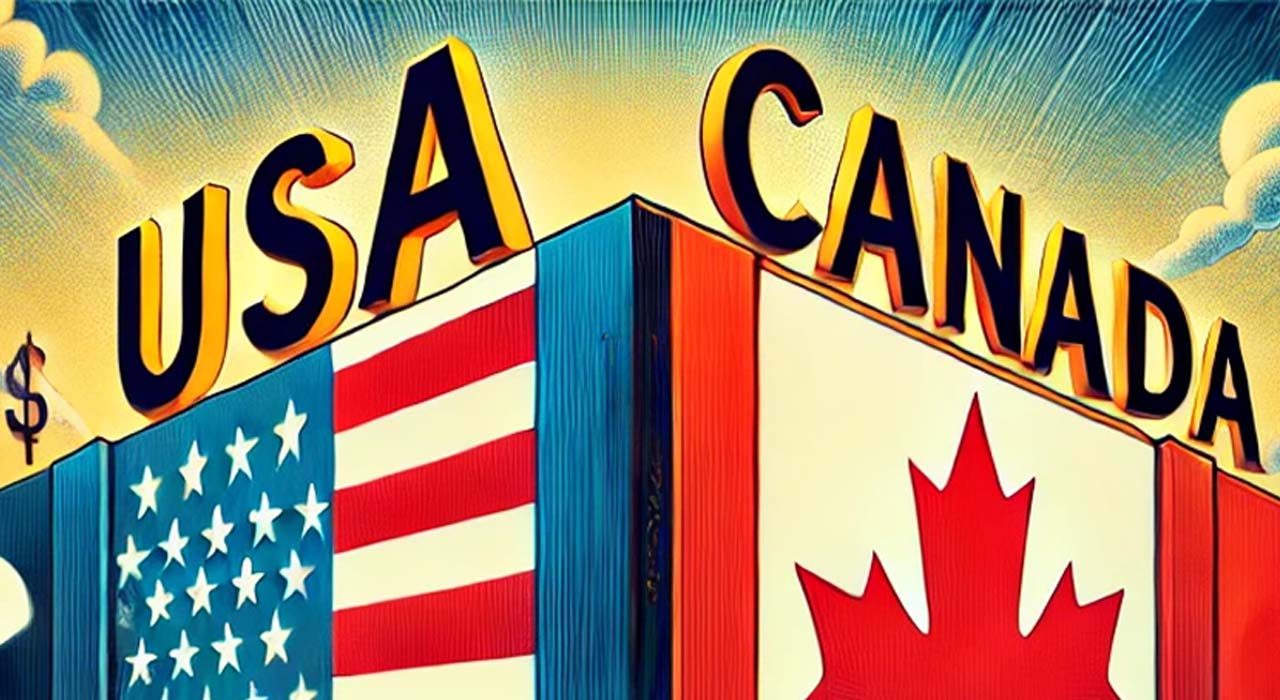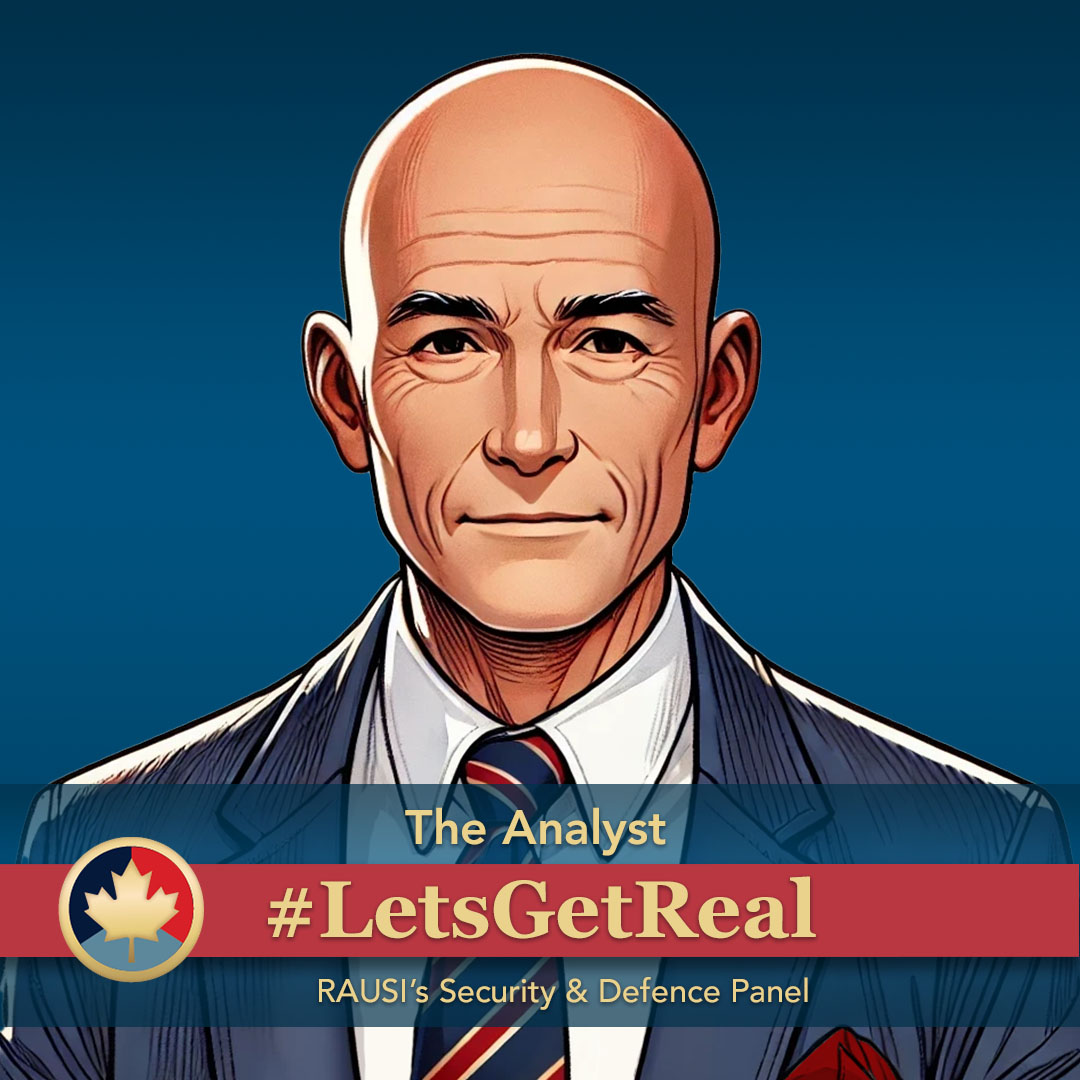2 December, 2024
In the normal course of economics, tariffs are an instrument of trade policy. They comprise an ad hoc financial cost imposed by an importing state on a discriminatory range of goods and services sourced from select exporting states. Importing states levy tariffs to shield their start-up industries from cheaper exports while enabling those industries to secure and enjoy economies of scale in production and distribution. Supply and demand react through market-pricing mechanisms; importers’ consumers bear the higher costs, exporters’ labour markets suffer lower employment, and in both states, capital flows are redirected to investments with higher returns. On 01 October 2024, Canada imposed a 100% tariff on electronic vehicles imported from China due to “unfair competition from Chinese producers benefiting from China’s state-directed policy of overcapacity and oversupply [and] lack of rigorous labour and environmental standards,” while offering CAD 52.5 Bn in support to its EV start-up industrial base. The US imposed identical tariffs while offering EV battery producers government loans to bridge startups – Stellantis, USD 7.5 Bn, Rivian Automative, USD 6.6 Bn. Tariffs are obviously protectionist measures, often leveraged with non-market access to capital on favourable terms. However, they invite countermeasures from exporters.
In the normal course of politics, tariffs are instruments of noneconomic policies and expressly coercive measures. Threats of a forthcoming U.S.-imposed 25% tariff are non discriminatory – they apply to all goods and services – and are intended to adjust domestic noneconomic policies of Canada and Mexico; illegal migration and drug production are breaches of social justice on both sides of a border. Environmental tariffs levied on goods and services from exporters whose environmental policies importers find inadequate may breach international treaties, yet the U.S. Senate introduced the International Pollution Deterrence Act (1991). The World Trade Organization permits Member States to employ trade policy to redress breach of human rights by exporting states. The U.S. House Select Committee on the Chinese Communist Party has found Chinese firms avoiding U.S. tariffs imposed to redress human rights violations within China.
Setting aside conventional trade and economic issues, Canada should expect future tariffs from a robustly transactional U.S. administration on a range of noneconomic issues. Illegal migration and drugs are the starting line. Future quid pro quos for relief from threatened or imposed U.S. tariffs may include, for example, a material and rapid increase in spending in Canada’s defence industrial base which Canada cannot fund, greater access to Canada’s fresh water that risks Canada’s own supply, a much fiercer regime of continental antiterrorism measures that confronts human rights grounded in Canada’s legislation. Consider the U.S. unduly leveraging Canada’s friendly relations with a third state to secure benefits accruing to the U.S. that are otherwise unavailable.
The asymmetry in economic and political strength between the U.S. and Canada puts Canada in a disadvantageous position in negotiating trade-based and noneconomic-based tariffs, now more so with the forthcoming U.S. administration that operates in the shorter term. Canada would be wise to assess and learn from the reactions of other states with exposure to U.S. short term transactional diplomacy, such as South Korea and Japan, “What does the U.S. want in exchange for its maintaining U.S. troops in ROK and Japan?”
Tina Turner might ask, “What’s trade got to do with U.S. tariffs?” The reply is likely “not much.”


